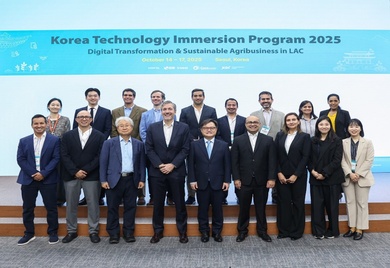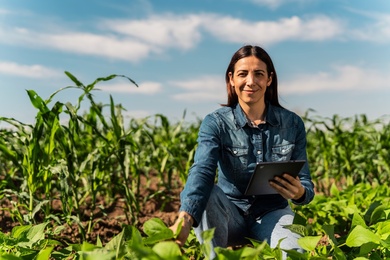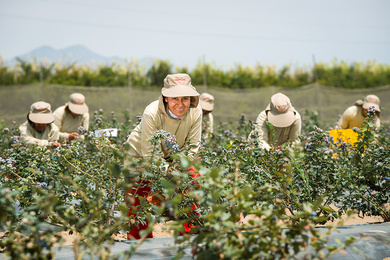Three Assumptions You Should Avoid When Working with the BoP
[caption id="attachment_540" align="alignright" width="300"] Photo credit: Flickr/jeferonix[/caption]
Photo credit: Flickr/jeferonix[/caption]
My goal in Villa El Salvador — an urban, residential district on the outskirts of a desert area in Lima — was to supervise a focus group with inhabitants of this neighborhood that will be part of a broader study that IDB’s Opportunities for the Majority is developing as part of its 2014 knowledge production strategy. We wanted to learn more about how families at the BoP prioritize products and services. We wanted to know what determines their decision-making when they use financial, education or health services. Many participants in the focus group, which sought to represent the broader BoP in Latin America and the Caribbean, surprised me with their answers which countered my preconceptions.
No one with whom we spoke would move into an apartment, for example. “I prefer to live in a house with my family. There is more freedom. Apartments are too small and expensive,” said Delia, a 61-year-old woman who sells Esika cosmetics products for a living and lives with ten other family members. Most of these houses are home to at least two generations of the same family.
Also interesting was that with the exception of investing in the future education of their children, the people we invited to the focus group didn’t consider long-term ramifications of short-term decisions. For instance, most did not see the value of preventive health, and they go to the doctor only when it is an emergency. “I never get sick,” said Jose, 29. Carlos added, “I don’t have time or money.”
Such “short-termism”—a mentality resulting from a day-to-day survival mode—was even more evident when we learned that those interviewed typically don't make household budgets. They plan on a weekly and even daily basis. There’s no such thing as setting aside money at the beginning of the month to pay for electricity; that’s paid with what is earned the week before the payment is due.
As I was leaving the dusty streets of Villa El Salvador, I realized we have a lot to learn from this segment of the population if we want to serve it effectively. We often assume low-income people are unhappy with their conditions; that they desire the things people with higher incomes have; or that saving is a priority to secure a comfortable future. The more we understand, the better we can support business models that serve the BoP’s actual needs and aspirations.
This blog first appeared on the Next Billion 2.0 website.
¿TE GUSTA LO QUE ACABAS DE LEER?
Suscríbase a nuestra newsletter para mantenerse informado sobre las últimas noticias de BID Invest, publicaciones de blog, próximos eventos y para obtener más información sobre áreas específicas de interés.
Suscribirse



